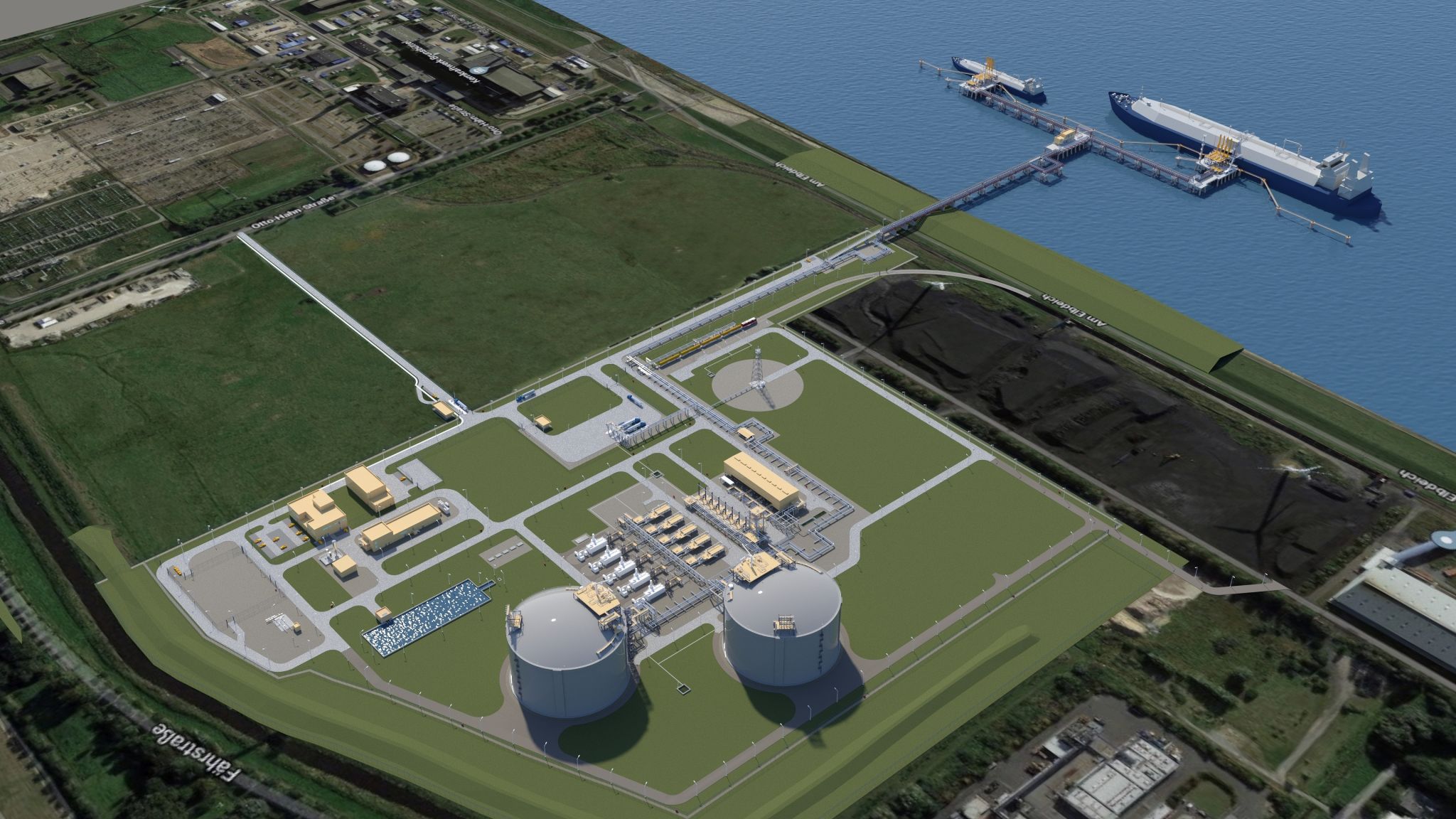This story requires a subscription
This includes a single user license.
German LNG Terminal, a joint venture which includes Dutch gas grid operator Gasunie and German energy firm RWE selected Burckhardt to supply boil-off gas (BOG) and pipeline injection compressors.
Burckhardt did not provide further details regarding the contract.
Burckhardt said the terminal will play a “vital role” in securing a stable supply of LNG for Germany, with regular operations expected to start in 2027.
Gasunie and RWE recently took the final investment decision on the onshore LNG import terminal in Brunsbüttel.
Earlier this year, the JV also kicked off preparatory activities, including site installation and fencing, earthworks to consolidate and drain the land areas, and construction of roads and access routes.
Gasunie has a 40 percent operating stake in the facility, RWE has 10 percent, while the German government, through KfW, holds 50 percent.
The terminal is expected to regasify and feed some 10 billion cubic meters of natural gas into the German grid.
US energy giant ConocoPhillips, UK’s Ineos, and RWE have previously agreed to book long-term capacity at the onshore LNG import facility, while a unit of French construction company Vinci and Spanish engineering firm Sener won the EPC contract.
German LNG Terminal previously said the three initial clients had booked 90 percent of the long-term capacity, while 10 percent of the capacity is still available and open for short-term bookings.
Brunsbüttel already hosts the Elbehafen FSRU-based LNG import terminal.
Once in operation, the new land-based LNG terminal will replace the current FSRU-based facility.
The 170,000-cbm FSRU Hoegh Gannet, which serves the Elbehafen LNG import terminal Brunsbüttel, started supplying regasified LNG to the German grid on March 22, 2023, as part of the commissioning phase.

